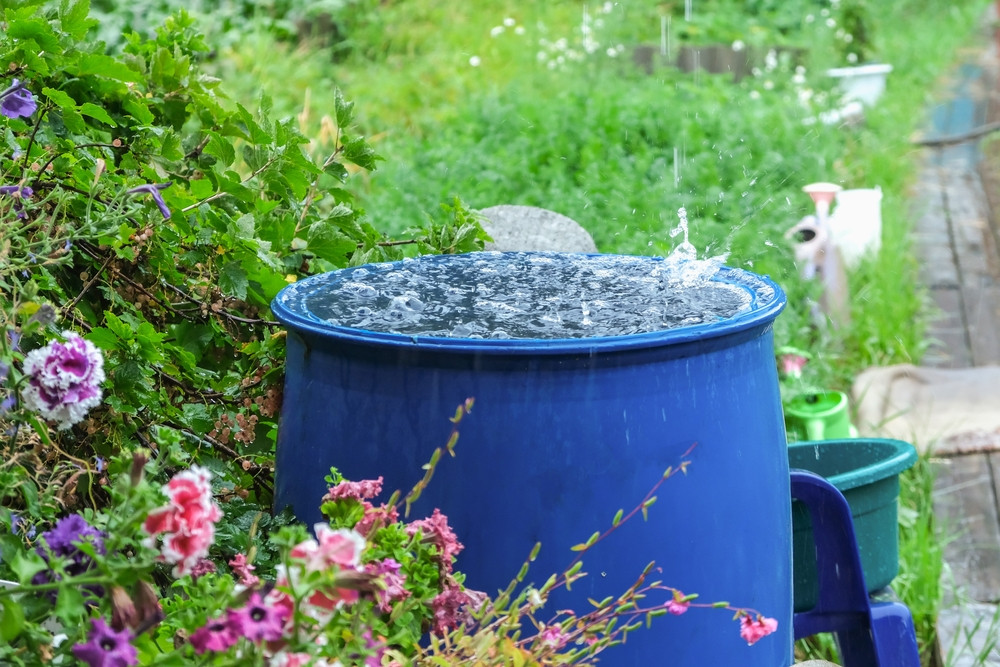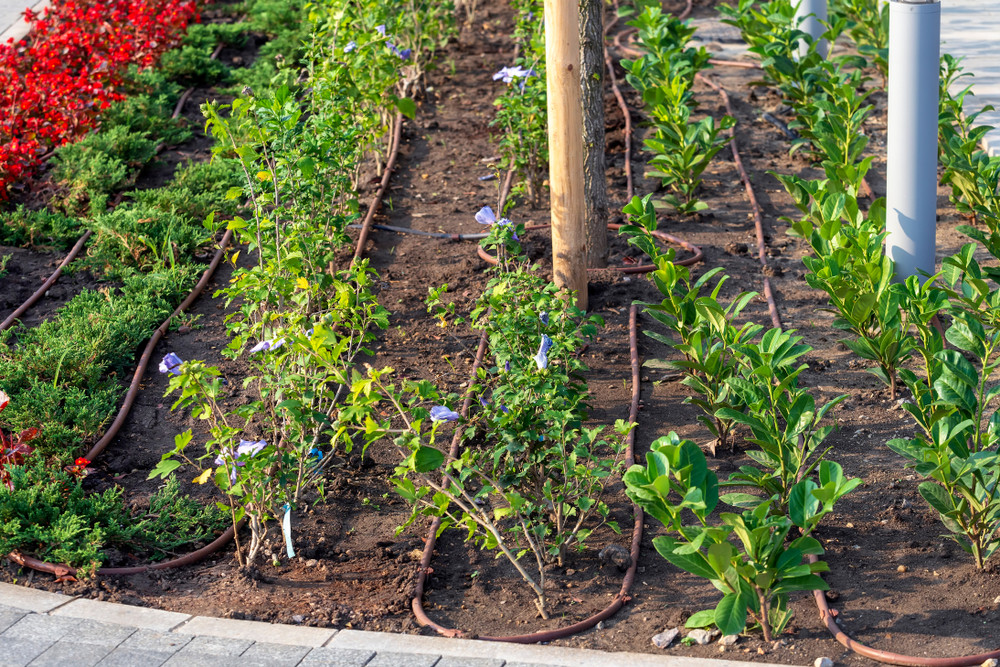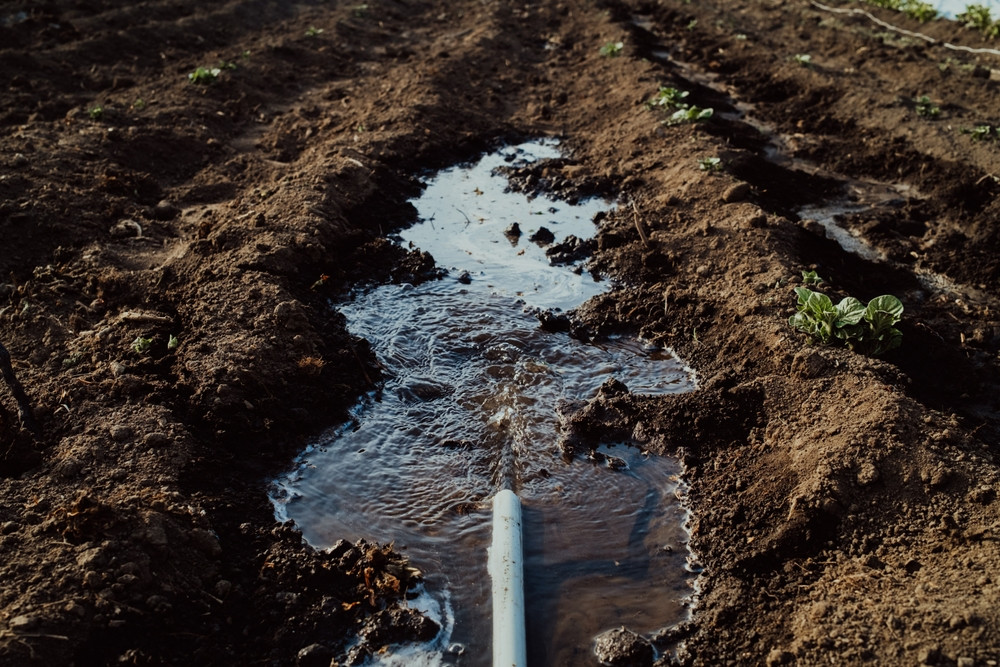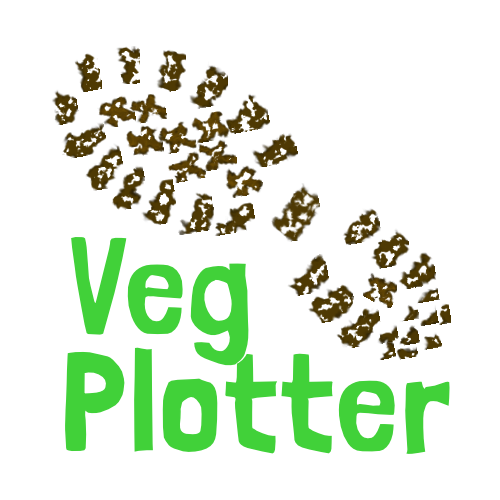Smart Irrigation

Water is one of the most precious resources in any vegetable garden. In permaculture, we focus on working with nature, not against it — and thoughtful water management is a big part of that. Collecting water and distributing it efficiently throughout the garden doesn't just save money and effort; it also builds a resilient, self-sustaining ecosystem. Whether you're a beginner or updating your garden planner, choosing the right irrigation methods will ensure your vegetable patch thrives in all conditions.
Why Water Collection Matters
In a traditional setup, many gardeners rely on mains water for irrigation. But permaculture encourages us to think differently. Capturing and using rainwater mimics natural systems, reduces pressure on local resources, and keeps your soil and plants healthier. By collecting water in barrels, tanks, or swales, you can store surplus for dry periods and avoid the stress of drought.
Building water collection into your garden planner also allows you to think about passive watering methods — systems that don't rely on constant manual intervention. This means less work for you and more consistent moisture for your plants, leading to better harvests with less input.
Top Irrigation Methods for a Permaculture Vegetable Garden

There are many ways to distribute water wisely around a vegetable garden. Here are some of the best methods that align with permaculture principles:
1. Drip Irrigation
Drip irrigation is one of the most efficient watering systems you can install. It delivers water slowly and directly to the root zone, minimising evaporation and runoff. Drip systems can be hooked up to a rainwater tank, making them an ideal addition to a permaculture-based garden. You can even run them on timers powered by solar energy for a low-maintenance solution.
2. Soaker Hoses
A cheaper and simpler alternative to drip irrigation, soaker hoses are porous hoses that let water seep out along their entire length. You can snake them through your garden beds, covering large areas at once. Because the water goes straight to the soil without splashing leaves, soaker hoses help prevent fungal diseases too.
3. Swales
Swales are shallow trenches dug along the contour of the land, designed to catch rainwater and allow it to soak slowly into the ground rather than running off. In permaculture, swales are an essential feature for water management. They work especially well on sloped gardens and can double as planting areas, allowing you to grow trees, herbs, and vegetables right alongside them.

4. Ollas (Clay Pot Irrigation)
An ancient method that fits perfectly into a permaculture garden, ollas are unglazed clay pots buried up to their necks in the soil. You fill the pot with water, and moisture seeps slowly through the porous clay directly to the roots. This method drastically reduces water waste and keeps the soil evenly moist for days at a time.
5. Mulch, Mulch, Mulch
Although not a "system" per se, heavy mulching is crucial for retaining moisture in the soil. Organic mulches like straw, bark, or composted leaves act like a sponge, reducing evaporation and improving soil health over time. Always include a good mulch plan when updating your garden planner.
A Few More Tips
- Group plants with similar water needs together to avoid over- or under-watering.
- Design paths and planting beds to encourage water to flow where it’s needed most.
- Use rain gardens or ponds to capture excess water during heavy rains.
- Install a simple rain gauge to monitor how much water your garden is getting naturally.
With a bit of planning, you can create a vegetable garden that not only thrives but also honours the core principles of permaculture. A well-thought-out irrigation plan, starting with water collection and smart distribution, is one of the smartest investments you can make.






